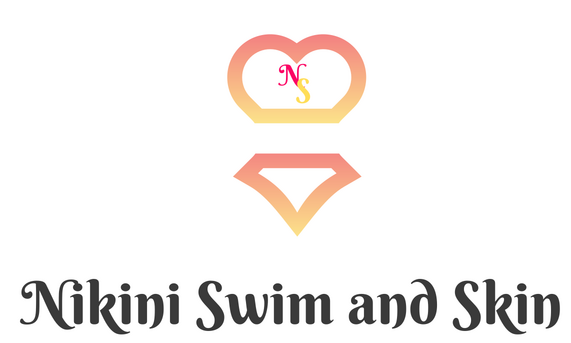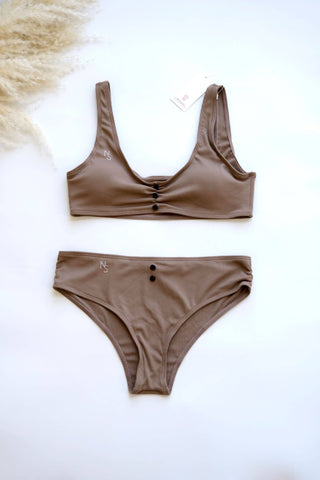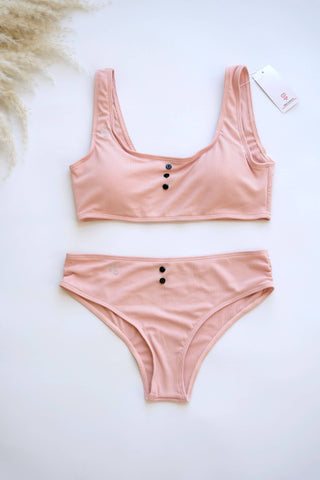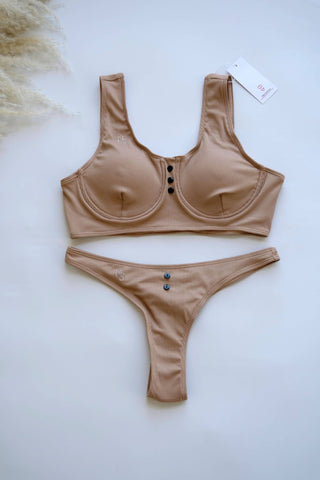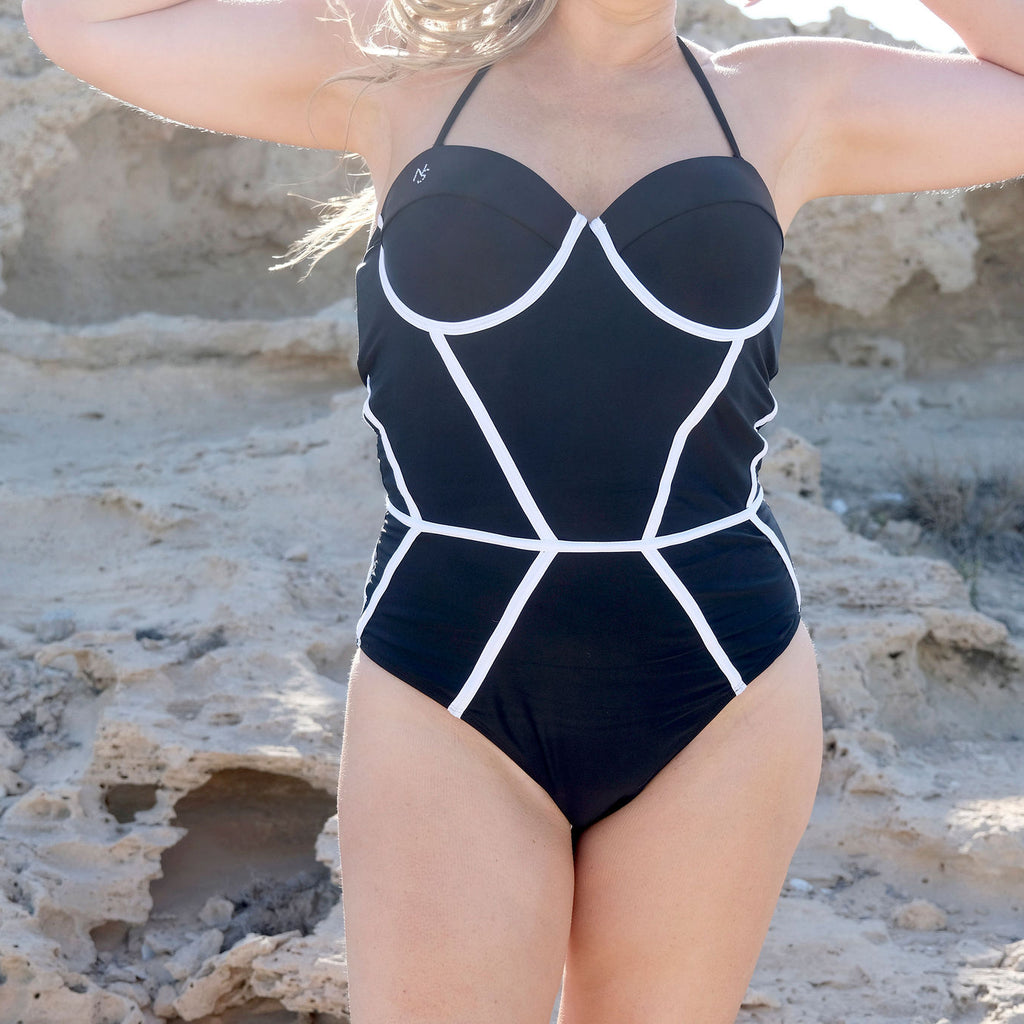Hormones v Fitness


Hormones v Fitness
Today I sat down with Nicola Hill a certified PT here in Doha, Qatar. Nicola’s main focus is on female health and one aspect that really caught my attention was the effect of hormones on exercise. If you ever wondered why sometimes training seems so much harder than other days, or why you aren’t losing weight, or even looking for pre/post-natal tips, this is the blog for you.
A little bit about Nicolas history, Nicola was a young athlete which led to a career in education as a PE teacher and personal trainer. It was during her own training, teens and adult life where she started to notice possible issues with her own menstrual cycle, that may have been due to training from when she was a teen. Alarmingly when she approached the Drs they couldn’t give her many answers so she decided to do some research herself alongside some additional courses, which she now incorporates with her PT clients. Additionally, she recently completed her pre & post-natal qualifications for PT making her the ultimate go to for female fitness.

'Lazy Dayz’ in the gym explained
Have you ever felt like some days you just cannot get going, or you can’t lift the same weights as you did last week? Nicola explains that there are fluctuations in hormones throughout your cycle. The first two weeks is the best time to train, you are the strongest and most energetic. This is because your hormones are actually at there lowest, it’s very on par with male hormones, which in turn is great for strength training, HITT training, explosive training.
Now here’s where the ‘lazy days’ may come in, the middle of your cycle, your hormones spike and we need to reduce the intensive to more steady state exercises Nicola explains. Your energy levels drop and your recovery will take longer. During this period of time if you keep pushing and pushing even though your body is telling you its tired this is when you will burnout, there’s a possibility of more injury and your recovery is less.
“we should be a bit more forgiving to ourselves”
Nicola explains, we aren’t lazy, your body feels tired and lethargic so listen to your body and drop the pace, the hormone spike will make you feel way more tired. Try to lessen the pressure on yourself, a slower pace will still give you a good workout without the added stress on your body.
How do you know if you have enough recovery?

Nicola explained that recovery can be measured in different ways, from basic instincts like getting up and out of bed, how you feel when you need to do chores, etc if that’s a challenge, you probably need to fit in more rest.
Did you know insufficient recovery actually does more harm than good, it can lead to poor food choices as your body craves quick pick me ups foods like sugar or junk food. Also to note though its normal to get cravings a week before your period, totally hormone related.
“you actually burn more calories while on your period”

Some good news, you actually burn more calories when on your period, which also explains why we often get so much hungrier. Having said that it is important to feed your body and refuel Nicola explains if your hungry you should be refuelling your body. On average you will burn an extra 100-200kcal a day when on your period.

What is the female triad?
Nicola explained the female triad can give you reasons as to why you may have lost your period or they have become irregular or other issues you may be facing. The triad is based on the concept of overtraining and undereating, the energy balance isn’t sufficient, resulting in period loss or Amenorrhea, the technical term. Young athletes can get later periods due to over exercise and under fuelling. It was something that was highlighted in Nicolas past being a young athlete. A lot of issues related to periods are often masked by the pill or other replacements, if there is an issue its important to seek out the reason, the pill is a perfect mask so you get a period but its synthetic.
The triad looks at periods, alongside bone density and injuries as these are all linked.
How to use your cycle to benefit your training.
Nicola mentioned earlier that the first 2 weeks of your cycle you are at your strongest, this is time to really get in those PB’s (personal best) in and really give training the extra push, to really maximise your training. The trend of training around your cycle is becoming more and more popular with new young athletes. Nicola explained that previously from her experiences the young girls and the boys would have the same training schedules. There seems to be a shift these days and there seems to be a lot more understanding within the training realms as to why young girls aren’t performing that week compared to the previous week, which helps mentally for these athletes as well as physically.
How does the menopause affect your training?

You may not be there yet, but it will come to us all at some stage lol. Nicola highlighted some key facts of how to train during the menopause and after. For example, during/after your body wont build muscle or bone density as efficiently as when you are pre-menopausal making it harder to lose weight, as it’s the muscle mass that helps to speed the metabolism. With age, we lose bone density, so it’s important to include strength and conditioning training as this reduces the risks of injuries, such as broken bones, pulled muscles, strains, etc, but will also help to boost energy levels.
“keep in mind your body is changing, you won’t be able to keep up with your younger self”

Nicola explained that a common misconception is that strength training has to be heavy weights, which is incorrect, it can be anything from home workouts, body weight work outs, resistance bands, yoga, the main goal is that there is some form of resistance, whatever method you prefer (bands, body weight, light weights). By putting resistance on the body you are causing some kind of stress, but keep in mind this doesn’t have to be massive stress, the aim is just a resistance, gravity is a fantastic resistance.
Being as active as possible will help to stop the aches that can occur post menopause, as well as a massive mental health boost.
Nicola explains she sees such a boost with her clients as it can be super rewarding to prove to yourself that you can build muscle and go up to a new weight category, just because you might not be the youngest in the gym doesn’t mean you can’t do it, your self-esteem will rocket when you prove to yourself how fit you actually are.
Tips and tricks for pre and post-natal training.
Nicola highlighted something here that I’d never even heard of, pelvic health.
So, what is pelvic health? She explained if you had ever heard or even had to cross their legs when they sneeze? It’s a common saying after childbirth and often made into a joke, but it’s actually not a normal thing long term, it is fixable. She explained that pelvic health is linked closely to breathing, as the top of the diaphragm is linked to the bottom of the core (the pelvic floor). So to help with strengthening the pelvic floor there is the ‘kegels’ which is basically relaxing and tightening your pelvic floor muscles repeatedly. This will help to strengthen pelvic floor after childbirth (the sneezing situation) and pre-natal it will help with contractions and pushing.

Nicola explains that training post-natal is a lot of breathing exercises and stretches, the aim is to ease the body back into training. However, it is worth waiting for your 6 weeks’ post-natal check in order to get your doctors clearance to go ahead and train. Once you have the go ahead it is important to go back slowly and always listen to your body. Keep in mind long term body health is what your aiming for rather than short term goals.
Another top tip from Nicola is to keep in mind when you are pregnant you release a hormone called relaxin, this hormone keeps the joints loose, it is designed by the body as a birthing aid and whilst you are still breast feeding this hormone is constantly produced. Even if you are not breast feeding small amounts will be produced. This means that doing high impact or explosive training, there is a higher risk for injury, due to your joints being looser.
Can I work out if I’m pregnant?

This is a question that’s asked often asked and Nicola explained that training during pregnancy is often very beneficial for the body as well as mentally. During the first trimester a lot of woman will feel fatigued due to the fluctuations in hormones, feelings of tiredness and nausea are also common so Nicola advices to keep workouts light.
The second trimester your strength and energy levels should start to come back and you should feel a spike in energy levels. But, still it’s important to scale exercises down, the chances are you won’t be able to train at the same level as you did pre pregnancy, always keep this in mind. A key thing to remember is that core work should be more in the form of breathing exercising, whilst still keeping the core active. As the baby bump grows, the core muscles will stretch and become less active and its good to note that some core exercises like toes to bar or pull ups will actually be detrimental and slow down your recovery post-natal.
“training during pregnancy is about maintaining a level of fitness, it’s not a time for PB’s or to get fitter”
A final note to remember as me and Nicola finish off is that as your body changes, some muscles will become inactive and very tight. This is why pre-natal training should primarily focus on keeping these muscles as active as possible and stretching out any tight areas. Some woman may be too scared to train while pregnant, but this means potentially a higher weight gain and much more work after the baby is born, not just to loose the baby pounds, but to be an active parent for your child. Exercise is beneficial where possible during pregnancy.
A fantastic app recommended by Nicola is,




Fitrwoman – period tracker, training and nutrition (not a paid ad, just a really good app)
We hope you enjoyed this blog as much as I enjoyed my morning with Nicola <3
Nicolas Instagram and contact details are:

